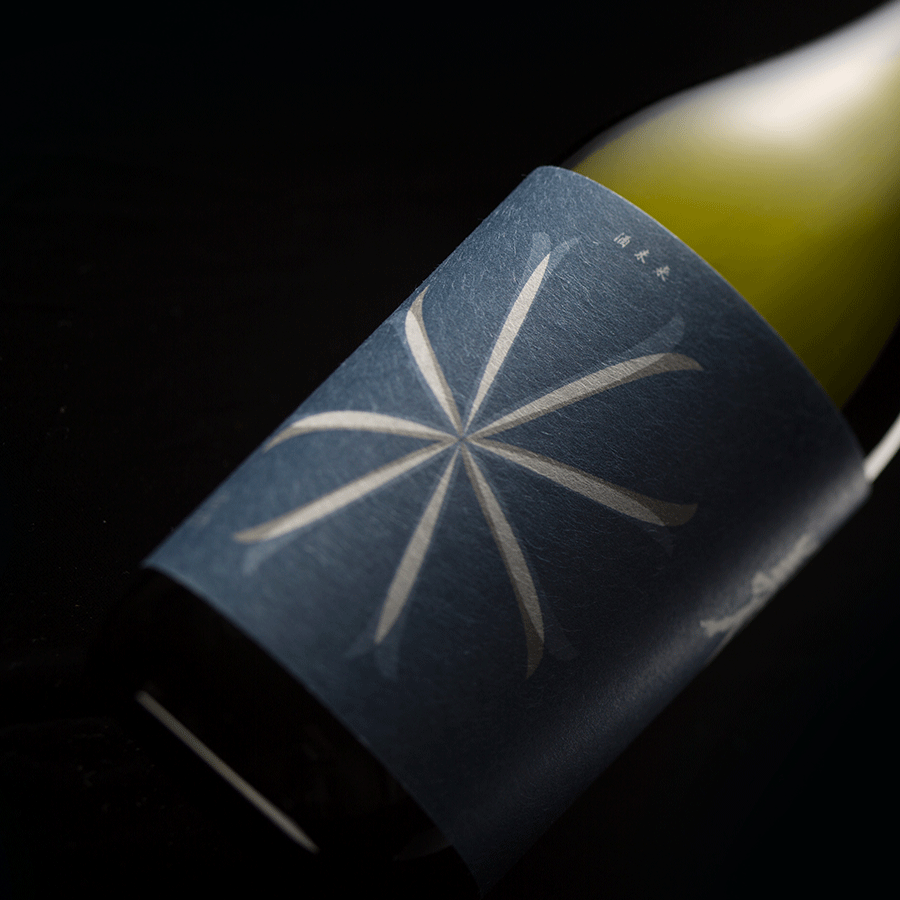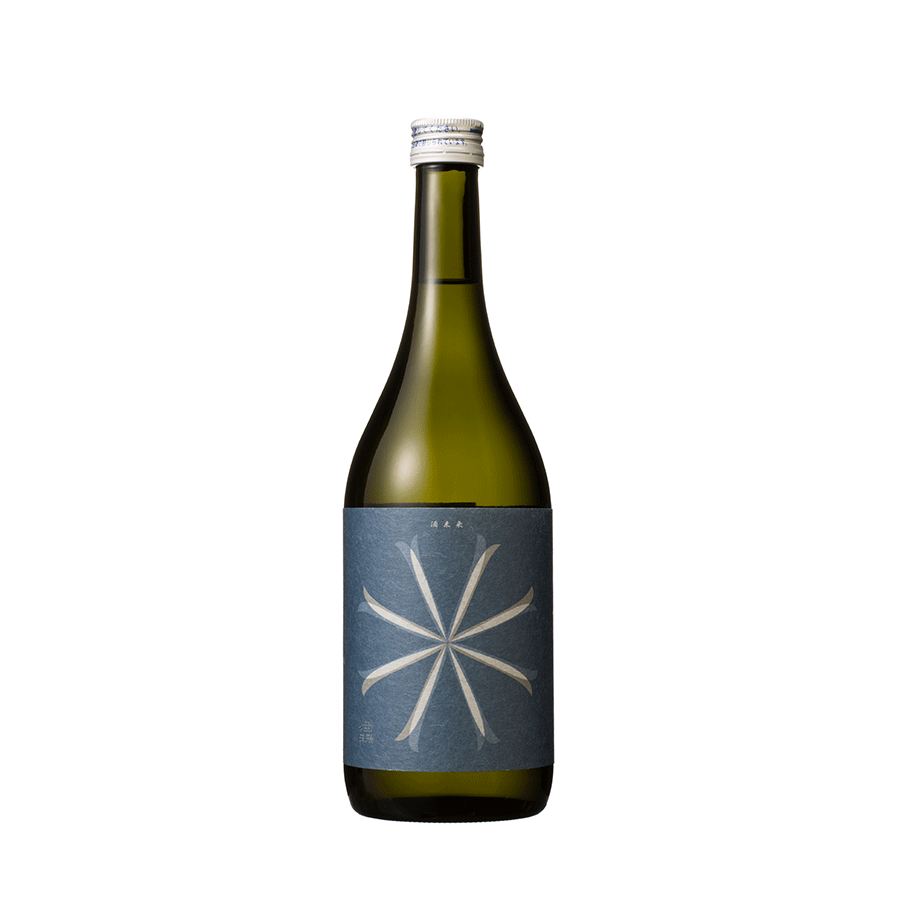-
 >
>
- Product list >
- Nanbubijin Sakemirai Junmai-daiginjo (720ml)
Nanbubijin Sakemirai Junmai-daiginjo (720ml)
詳しく見る
- *All prices shown are the product prices from the Japanpage:.
- *Product price can be shown in multiple currencies as reference values.
- *Payment should be made in Japanese yen.
- *After filling in delivery address, grand total (product price + shipping cost (packing + shipping + insurance) +tariffs & taxes) will be shown on the shipping cart page.
- *All prices shown are the product prices from the Japanpage:.
- *Product price can be shown in multiple currencies as reference values.
- *Payment should be made in Japanese yen.
- *After filling in delivery address, grand total (product price + shipping cost (packing + shipping + insurance) +tariffs & taxes) will be shown on the shipping cart page.
"Nanbubijin Sakemirai Junmai-daiginjo (720ml)" is a Junmai Daiginjo brewed from "Sakemirai", a sake rice that is drawing interest among sake lovers, polished down to 50% of its original size. Sake Mirai, a new Sake born in 1999 and developed over the course of 18 years, can produce sake with florid, rich flavors. This sake, brewed with Sake Mirai, is characterized by a beautiful ginjo fragrance and a refreshing acidity. Enjoy its gorgeous, floral aroma and a flavor like that of juicy fruits imbued with the blessings of nature. The blue label evokes mystery, and depicts those blessings of nature, namely, powder snow falling from the heavens. The toji (“chief brewer”) and brewery workers here have inherited the refined technology and traditions of the "Nanbutoji", the foremost of Japan’s three great toji groups. They have produced this beautiful Junmai Daiginjo using a new variety of sake rice and pure subsoil water from Orizume Basenkyo, a prefectural natural park in Ninohe City, Iwate Prefecture.
Pairing food proposed from Vendor
White fish sashimi
About "Nanbubijin"
The name "Nanbubijin" derives from the brewery's passion for "producing beautiful sake" as well as the attributes of Ninohe City of Iwate prefecture, known as the "Southern Country" blessed by magnificent natural landscapes. This beautiful sake is painstakingly brewed using carefully selected ingredients and production techniques and inherits the skills and soul of a world-class brewery.
Recommended temperature
- Atsukan (50 - 55℃)
- Jokan (45 - 50℃)
- Nurukan (30 - 40℃)
- Room temperature (15 - 20℃)
- Hanabie (10℃)
- Yukibie (5℃)
Type


Tag
Appearance
-
Clarity
Transparency
Hazy
-
Colour
Colorless
Dark brown
-
Intensity
Water
Deep
Nose characteristics
-
Intensity
Low
Strong
Taste characteristics
-
Light / Body
Light
Body
-
Sweet / Dry
Sweet
Dry
-
Simple / Complexity
Simple
Complexity
-
Acidity
Low
High
-
Umami
Low
High
-
Finish
Low finish
Long finish
Aroma and flavor
Detailed information
| Volume | 720ml |
|---|---|
| Size (L W H) | 8.0 x 8.0 x 28.0 cm |
| Weight | 1.3kg |
| Ingredients | Rice, Rice koji, Water |
| Region | Iwate |
| Alcohol content | 17%vol. |
|
Sake Meter Value
|
-2 |
|
Acid level
|
1.2 |
|
Polishing ratio
|
50% |









